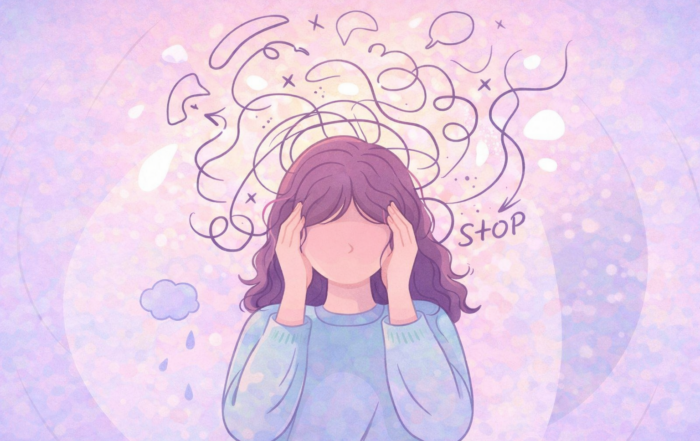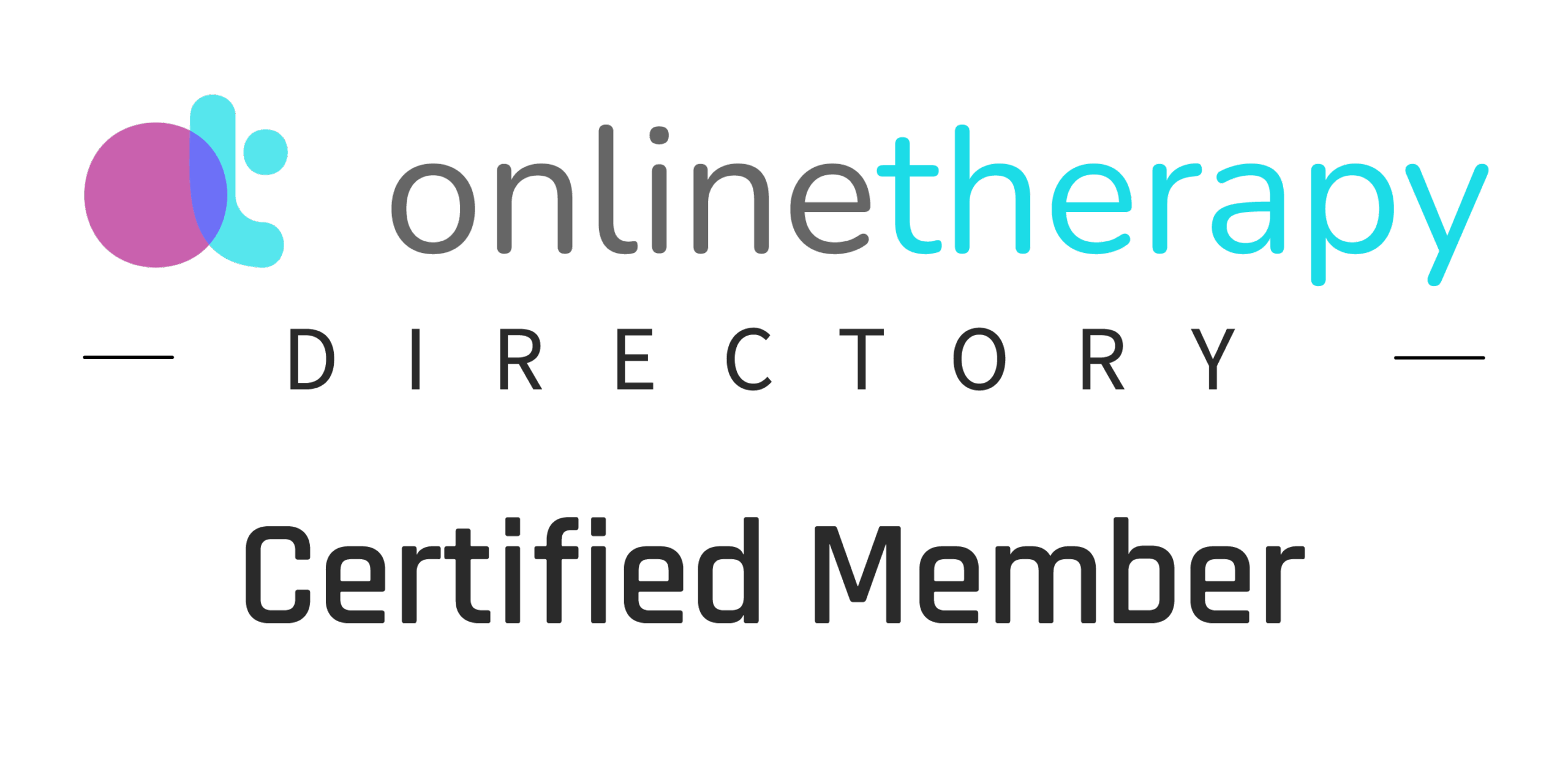What Is Holistic Psychotherapy and Why It Is Important to Me

By Valeriya Bauer, LMFT — Trauma Therapist in Westlake Village, CA
In recent years, holistic psychotherapy has gained popularity as more individuals seek healing modalities that address not just symptoms, but the whole person. For me, this approach is not just a trend—it’s a personal and professional philosophy rooted in deep observation, experience, and a desire to humanize therapy.
Moving Beyond the Medical Model
My background includes witnessing how the mental health field has often adopted a medical model—one that focuses on deficits, diagnoses, and symptom management. While labeling symptoms can be helpful for treatment planning, I find that an overreliance on this model can strip away the humanity of the therapeutic experience.
In my opinion, therapy should not feel like a sterile medical appointment. It should be a deeply personal and transformative space. That’s why I’ve embraced holistic psychotherapy—a modality that values the client as a complex, multi-layered individual rather than just a diagnosis.
What Is Holistic Psychotherapy?
Holistic psychotherapy is an approach that treats the mind, body, and spirit as interconnected systems. It honors all aspects of a person’s well-being—physical, emotional, mental, spiritual, and relational. In my practice, this means that when someone comes in with anxiety, for example, I don’t just focus on the anxious thoughts or behaviors. I also explore their day-to-day habits, physical movement, sleep, diet, support systems, work environment, and spiritual beliefs.
This broader lens allows for deeper insights and more meaningful healing—especially for individuals who’ve experienced trauma, narcissistic abuse, emotional abuse, or sexual abuse.
Key Principles of Holistic Psychotherapy
Some foundational principles of holistic psychotherapy include:
-
Mind-Body-Spirit Connection: Understanding how psychological distress often manifests physically or spiritually, and vice versa.
-
Individualized Care: No two people are the same; each treatment is tailored.
-
Empowerment: Clients are seen as whole and capable—not broken.
-
Integration of Modalities: A blending of evidence-based and intuitive approaches.
As a trauma-informed care practitioner, I often integrate techniques from EMDR therapy, somatic trauma therapy, mindfulness, guided imagery, inner child work, and dialectical behavior therapy depending on the client’s needs and background.
Benefits of Holistic Psychotherapy
While every therapy journey is different and not every therapeutic approach will fit every client, many clients report that holistic therapy feels more aligned, humanizing, and insightful. Because it incorporates physical, emotional, and spiritual health, clients often find clarity in areas that traditional therapy may overlook.
If Traditional Talk Therapy Hasn’t Worked for You
If you’ve tried traditional talk therapy and felt like something was missing—you’re not alone. Many of my clients come in expressing that they didn’t feel seen, heard, or understood in their previous experiences. Some felt their therapy sessions were too structured, mechanical, or focused solely on pathology.
Holistic psychotherapy might be a meaningful alternative if you’re seeking a more comprehensive and person-centered approach. That said, it’s not for everyone—and that’s okay. Therapy is not one-size-fits-all. A good therapeutic match depends on values, communication styles, personal beliefs, and readiness for growth.
Finding the Right Fit Matters
In my practice in Westlake Village, serving surrounding communities like Thousand Oaks, Agoura Hills, Calabasas, Oak Park, Ventura, and Los Angeles, I prioritize customizing therapy to meet each client’s specific needs. I offer both in-person sessions and online sessions for accessibility and comfort.
If a client connects more with somatic work, we go there. If they’re drawn to EMDR, we’ll use that. If spiritual exploration feels important, I hold space for that too. Whether it’s building coping tools or diving deep into identity, trauma, or meaning-making—holistic therapy invites the full self into the room.
Final Thoughts
Therapy, for me, is an art as much as it is a science. My degree is a Master of Arts in Clinical Psychology—not a Master of Science or Doctor of Medicine—and I see that distinction as meaningful. It reflects how I view healing: not just as treating symptoms but cultivating the whole human experience.
If you’re looking for a deeper, more integrative experience in therapy—one that doesn’t treat you like a set of symptoms, but rather like the layered, spiritual, emotional, and physical being that you are—holistic psychotherapy might be worth exploring.




